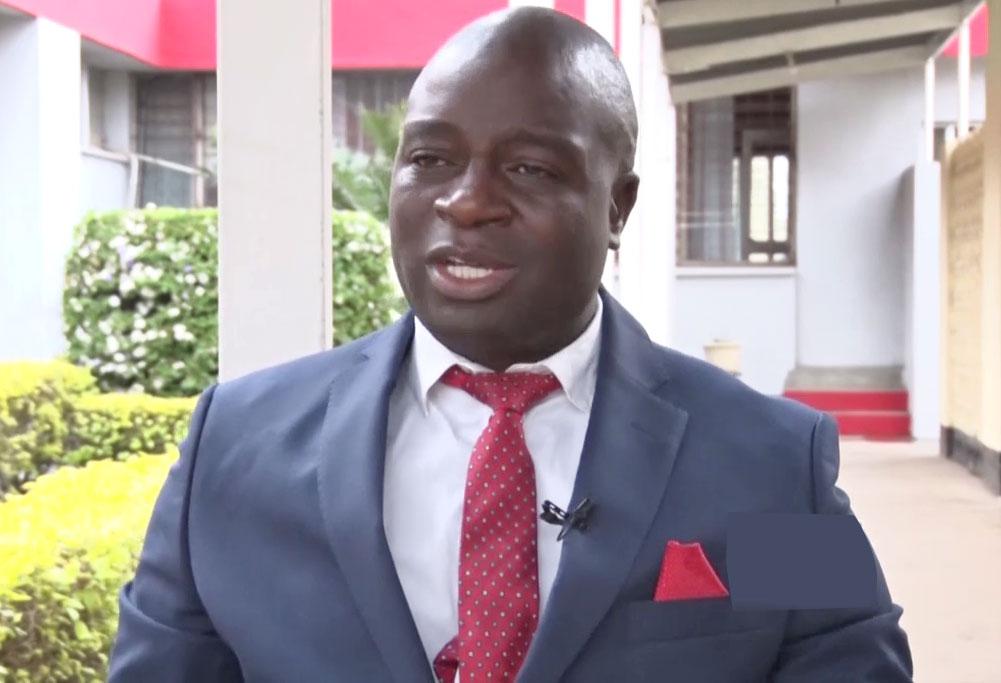Africa-Press – Malawi. Following the rise in fuel prices, consumer rights bodies, social welfare bodies and economic experts have warned that Malawians should brace for the worst as prices of basic commodities are likely to rise.
On Saturday midnight, the Malawi Energy Regulatory Authority (Mera) announced the long awaited hike in fuel prices, which has seen the price of a litre of diesel jumping by 31.25 percent to K1,470 from K1,120.
The hike has also seen the cost of a litre of petrol leaping by 20 percent from K1,150 to K1,380 while that of paraffin has risen by 14.74 percent from K833.20 to K956.
With the sharp rise in the price of fuel on the international market, many Malawians had anticipated a jump in local pump prices considering that Malawi took long before adjusting the prices.
The Daily Times’
calculations indicate that a litre of petrol was expected to hit K1,600 while that of paraffin would have hit K1,270. However, to cushion the significant rise in the price of diesel, petrol and paraffin, Mera adjusted levies such as the Malawi Bureau of Standard Cess, Road Levy, Energy Regulation Levy and the Rural Electrification Levy.
For example, the Rural Electrification Levy, which was pegged at K51.75 per litre of fuel, has been temporarily removed from the price build up. The Energy Regulation Levy has been slashed from K19 to K15 per litre.
Mera spokesperson Fitina Khonje said in an interview that the Mera Board engaged Ministry of Finance officials on how to avoid a sharp rise in the price of fuel. Malawi took long before adjusting its prices.
However, commentators have warned that, even with the lower-than-anticipated hike, consumers will feel the pinch of commodity price rises as traders are likely to push extra costs on the consumer.
Malawi University of Business and Applied Sciences economic commentator Betchani Tchereni said the fuel price hike, which is averaging 22 percent, will have a significant impact on prices of goods in the country.
Tchereni said most of the goods are transported using diesel, which has gone up by 31 percent. “That’s a huge increment and it will definitely affect the pricing of goods and services. The inflationary pressures are also expected to impact on interest rates,” he said.
Centre for Social Concern Programmes Officer [Good Governance) Bernard Mphepo concurred with Tchereni, saying, following Mera’s decision to increase prices of petrol, diesel and paraffin, basic commodities “will follow suit, which will induce a rise in prices of other commodities”.
He, therefore, asked the government to adjust the minimum wage upwards “It does not make sense that the minimum wage should be maintained at K50,000. Raising it up to K100,000 would mean a lot to many people in the country. This is because, by March this year, the cost of living was pegged at K250,000.
“It is obvious that the hiking of fuel prices in the country will result in the rise of prices of other basic commodities on the market. People will, therefore, need more money for upkeep,” he said.
While welcoming the hike in the price of fuel Sunday, Consumers Association of Malawi Executive Director John Kapito warned traders and transporters against overcharging consumers to take advantage of the rise. Kapito said many transporters and traders risked running out of business if they opt to skin consumers alive in the name of the fuel price hike.
“Let me warn traders and passenger service operators. Malawians have no money. If you overcharge your goods and services, nobody will buy from you and you will be out of business in no time at all,” Kapito said.
Mathews Kasanda is a journalist who holds a Bachelor of Arts in Journalism from University of Malawi (The Polytechnic). In 2015, Media Institute of Southern Africa awarded him the Best Print Media Education Journalist of the Year accolade. He joined Times Group Newsroom in September 2019.
For More News And Analysis About Malawi Follow Africa-Press






